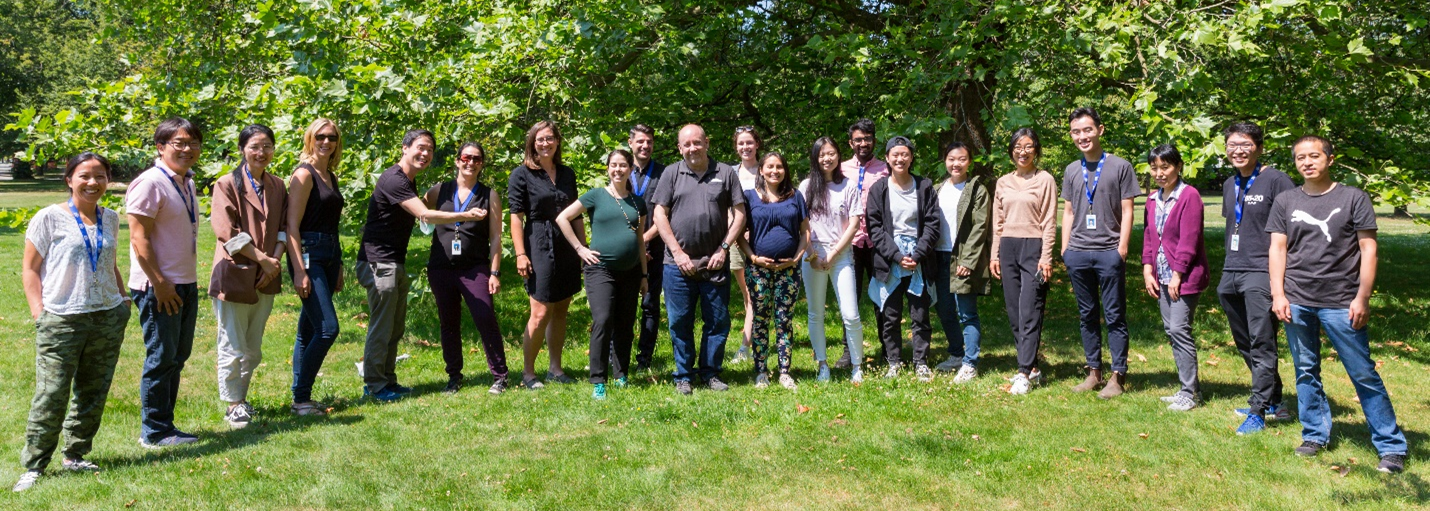Welcome to the Vallance Lab!
We are a dynamic gut microbiome research group in Vancouver, BC. Directed by Dr. Bruce Vallance, our research focuses on microbe-host interactions within the intestine, including defining the role that gut microbes play in causing chronic intestinal inflammation.
We co-exist in harmony with huge numbers of bacteria, many within our own gastrointestinal (GI) tracts. On occasion, however, particularly virulent bacteria called pathogens (Salmonella, EHEC O157:H7) infect our intestines and cause severe, even fatal, disease. To fight infections, our immune system must recognize these bacteria as harmful and trigger a protective immune response. Some individuals appear highly susceptible to infections, perhaps because their immune systems are unable to recognize or effectively deal with the bacteria. Inappropriate recognition of pathogens may also contribute to chronic diseases of the GI tract such as Crohn's disease and other inflammatory bowel diseases (IBD). We believe that in IBD an individual’s immune system mistakes harmless bacteria for pathogens and attacks them, causing chronic inflammation. Using immunological and microbiological techniques, we’re learning how our immune systems recognize bacteria in the GI tract. We’re also identifying the factors that can provide resistance or susceptibility to intestinal infections, and exploring the mechanisms underlying the dysfunctional pathogen recognition that can trigger chronic IBD.
Gut4Health
Within the Vallance Lab, we are affiliated with Gut4Health, a microbiome core that facilitates microbiome-related studies for researchers at BC Children’s Hospital Research Institute and the University of British Columbia. The facility is a centralized and cost-effective resource for processing and storing biological specimens, and sequencing and analysis of microbial communities for various research studies, including basic science, clinical, translational, and epidemiological projects. The main services include nucleic acid isolation and quantification, next generation sequencing, metabolomics, anaerobic culturing, storage of clinical specimens, and study consultation.
If you would like additional information, please visit the Gut4Health website.
